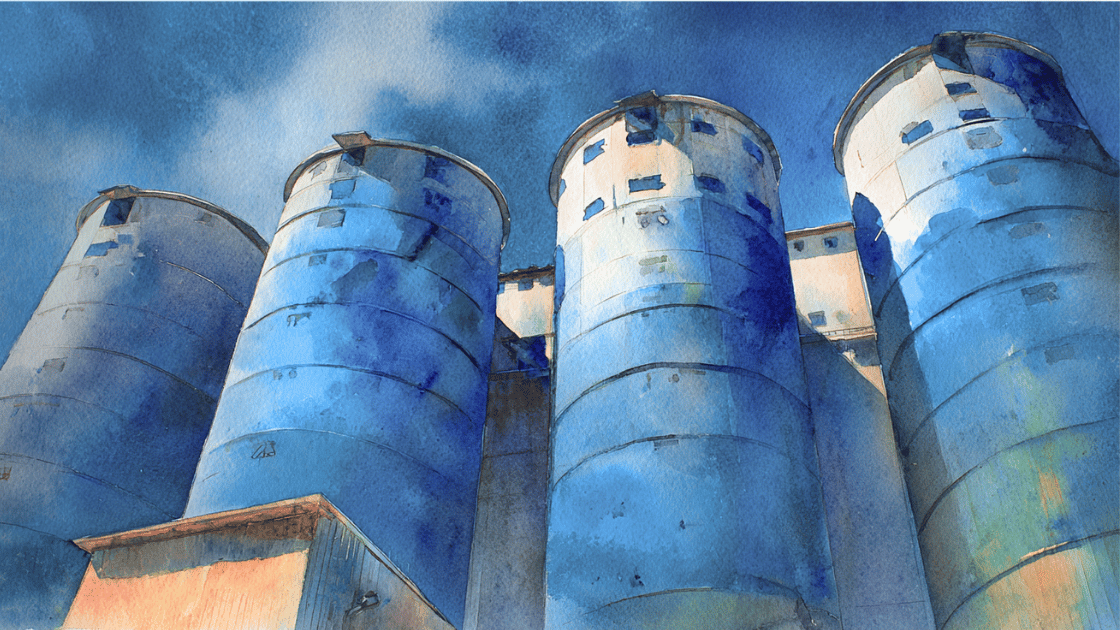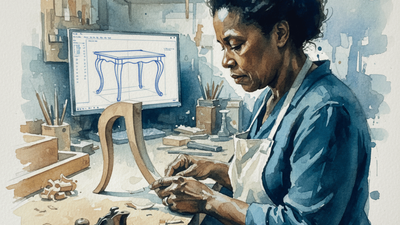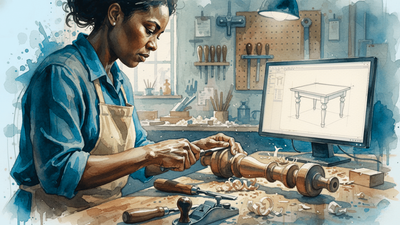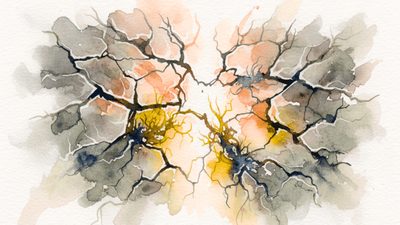Are You Still Staffing Yesterday's Silos?

Or designing tomorrow’s super-teams?
Have you noticed how job boards are starting to fill with new titles such as Marketing Tech Managers, Customer Success Engineer, People Systems Manager or Technical Business Analyst? In a recent a conversation on Lenny’s Podcast, Julie Zhuo made the observation that the most valuable roles emerging in an AI-first world aren’t narrow specialists, but people who can span across disciplines and blend technical, strategic, and human skills into one.
I call these people super-generalists, and mentioned this trend in a post last week in which I wrote about the rise of T- and E-shaped employee profiles. It looks increasingly like this structural shift is gaining momentum, with all the disruptive power to reward the winners and crush the laggards.
On the one side, companies are starting to flatten their hierarchies, which means less management coordination and more autonomy for teams. Business Insider recently reported that Big Tech, including Microsoft, Google, Meta and Amazon have all announced they want flatter structures with fewer middle managers. So yes, this does mean that extensive job cuts are coming down the line.
But flattening is only half the story. The real opportunity lies in how these leaner structures actually operate.
The super-generalist is a hybrid role which combines responsibilities from multiple job functions into a single role. Super-generalists handle the 80% of work that requires broad expertise, freeing specialists to focus on the 20% that demands deep mastery. And when brought together as a small AI-augmented team to replace multiple functions currently in departmental silos, the results for businesses are immense: End-to-end accountability, a greater sense of ownership, fewer hand-offs and coordination overhead, all enhanced by AI being the glue that holds everything together.
According to McKinsey's report on Superagency in the Workplace:
"AI can evolve from a productivity enhancer into a transformative superpower—an effective partner that increases human agency. Leaders who can replace fear of uncertainty with imagination of possibility will discover new applications for AI, not only as a tool to optimize existing workflows but also as a catalyst to solve bigger business and human challenges."
For senior leaders, this is an urgent design choice.
Do you continue to scale structures optimised for yesterday’s constraints, or start building the super-teams that will define tomorrow’s advantage?
Subscribe to the FORS Report
Be the first to know - subscribe today





Member discussion